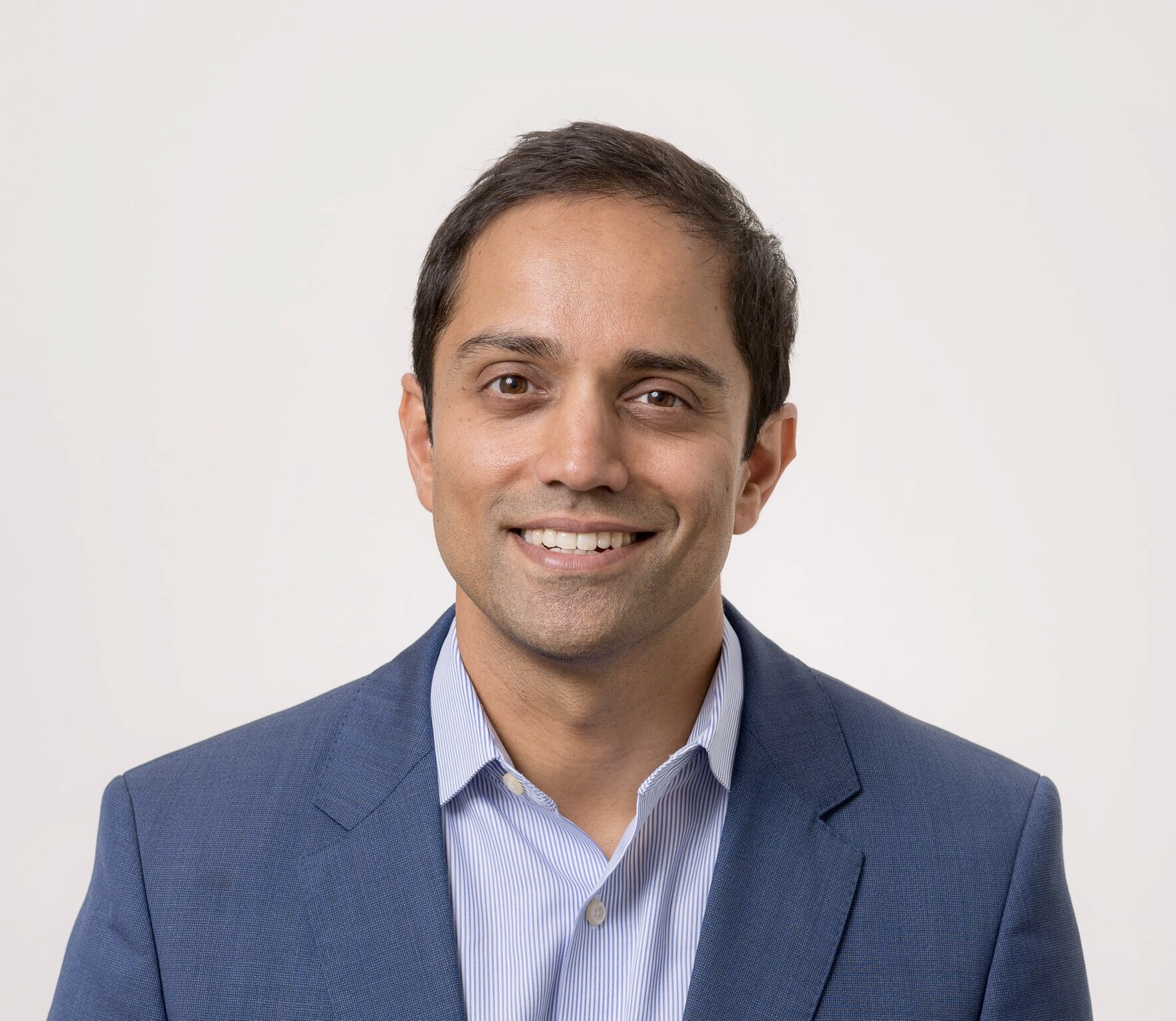Neal Kemkar currently serves as the director of environmental policy at the General Electric Company. Prior to joining GE, Kemkar worked for Colorado Governor John Hickenlooper, the U.S. Secretary of the Interior, and the White House Council on Environmental Equality. He is a graduate of Brown University, Georgetown University Law Center, and the Kennedy School of Government at Harvard University.
BPR: What is GE’s position on clean energy policy? How are new innovations and technologies affecting energy policies generally?
NK: We see four megatrends: an accelerating digitization of the world, fossil fuel abundance, resource stress, and increased competitiveness of clean energy. First is accelerating digitization. We see the number of connected devices reaching 50 billion by 2020. Think about 50 billion devices, all connected by their own internet. Right now we’re closely considering how we can use digital technologies to improve the efficiency of every machine that’s operating. Second is fossil fuel abundance. Surprisingly, global fossil fuel reserves are actually up, and due to the United States’ increased shale gas production, we’ve seen a dramatic drop in oil prices in recent years. Our challenge there is ensuring that fossil fuel production and consumption is as efficient as possible and has minimal environmental impact. Third is resource stress. Because a key driver of climate is energy-related emissions, we really need to find a way to make energy cleaner. Fourth, we’re actually watching an unprecedented innovation in the clean energy space. Costs have declined big time as a result of this innovation, and the market for clean energy technology has really expanded. For example, solar costs have dropped 75% over the last decade and wind power installations have grown ten-fold.
BPR: Explain GE’s ‘Ecoimagination’ initiative. What are the purpose and goal of the program?
NK: The Ecoimagination program is GE’s big commitment to prioritizing cleaner technology growth, research and development investments, and reductions to our own footprint. Ecoimagination is really about transforming industries, driving greater economics for the customers, and improving environmental performance. Since we launched the program in 2005, we’ve invested $20 billion in clean technology research and development. We’ve also returned over $270 billion in revenue, which proves that our customers really value these efficient solutions. When Ecoimagination started, we also set some really bold goals to reduce our own greenhouse gas emissions and water usage. Since 2005, we have worked to reduce our greenhouse gas emissions by 18% and our fresh water use by 29%. In 2015, we doubled down and decided to make our goal for 2020 to invest $25 billion in research and to reduce our greenhouse gas emissions and fresh water usage by an additional 20%.
BPR: Many argue that a shift towards renewable energy could negatively affect employment. How does GE plan to engage workers who haven’t had experience with these new clean energy technologies?
NK: GE has something called the Brilliant Learning Program. The idea of the program is to train workers for jobs of the future. Take, for example, this idea of additive manufacturing and 3-D printing. Many of our workers did not study these techniques in school, and certainly didn’t have experience with them on the shop floors. But we’re moving into this era of 3-D printing at GE, so one of the things we’re doing is launching open online courses that serve as immersion boot camps on the work of the future. In 2017, manufacturing is driven by productivity. To boost productivity, we really need a highly skilled labor force, and we’re prepared to invest in training our workforce so they’re ready for the jobs of the future.
BPR: ow did GE react to the Trump administration’s decision to pull the United States out of the Paris Climate Agreement?
NK: At GE we believe that the science is settled and that climate change is real. Period. We were supportive of the Paris Agreement, and in June our chairman announced that he was disappointed by the President’s decision to withdraw from the Paris agreement, stating that “industry must now lead and not depend on government.” we believe that we are one of the best positioned companies to help the nations of the world meet their commitments to the Paris Agreement. We operate in nearly every country in the world, so while we are an American company, we are also a global company. We want to play a part in helping the nations of the world meet their commitments, and just because the United States is withdrawing, that doesn’t change GE’s beliefs, values, or goals.
